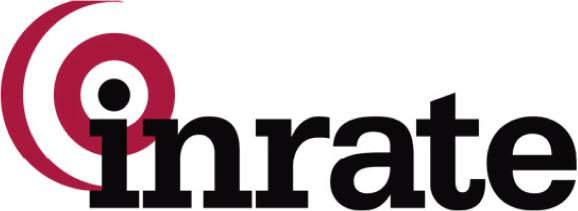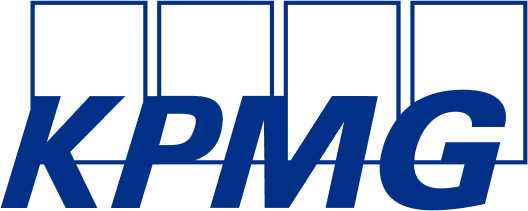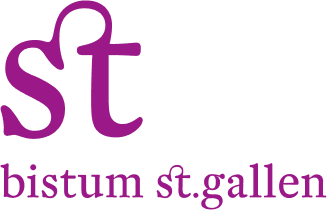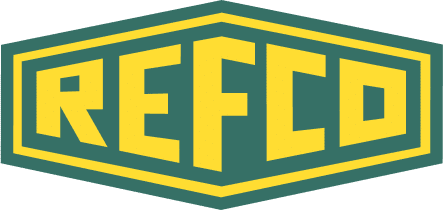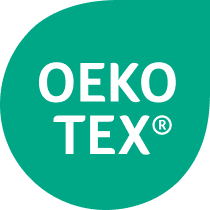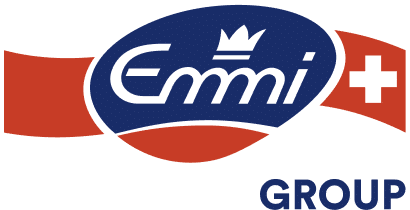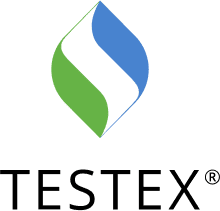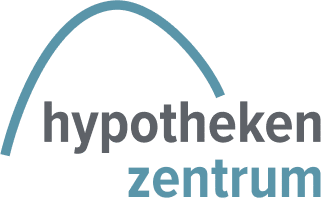A single failure of your Delphi or Access software can turn into the most expensive production downtime of the year in a matter of minutes.
- According to an ABB study, downtime because of industrial software costs an average of EUR 147,000 per hour and often significantly more.
- A lack of monitoring means that failures are only noticed once machines have already stopped.
- Every adjustment takes longer because fewer and fewer developers are proficient in Delphi or Access.




